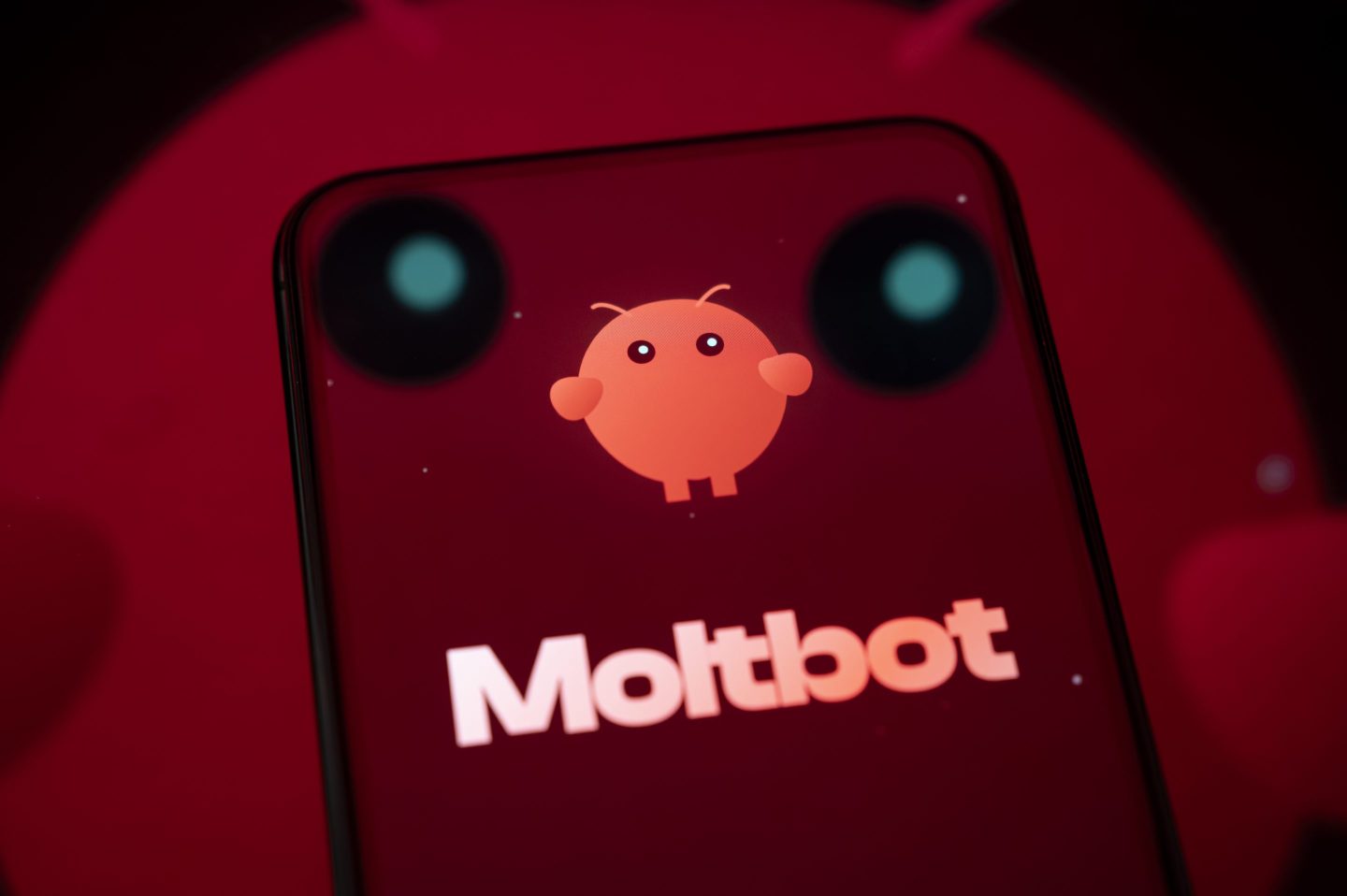Yann LeCun, one of the most influential figures in artificial intelligence (AI) today, has informed colleagues he plans to leave Meta within the coming months to launch his own startup, the Financial Ti mes reported, citing people familiar with the conversations. His departure would mark a significant turning point for both Meta and the broader AI industry, as LeCun—a Turing Award winner and pioneering researcher—pursues his vision for next-generation AI systems.
LeCun, 65, joined Facebook in December 2013 as the founding director of Fundamental AI Research, known as FAIR. He remains a Silver Professor at New York University, where he has taught since 2003.
His academic credentials are formidable: LeCun is best known for developing convolutional neural networks in the late 1980s, specifically the LeNet architecture that successfully recognized handwritten digits and revolutionized computer vision. In 2019, he received the ACM Turing Award alongside Geoffrey Hinton and Yoshua Bengio for breakthroughs that made deep neural networks a critical component of modern computing.
An early love of machines
Born in Soisy-sous-Montmorency, France, on July 8, 1960, LeCun grew up with an engineer father who encouraged his fascination with electronics. That early curiosity led him to ESIEE Paris, where he earned an electrical engineering diploma in 1983. He then pursued a PhD in computer science at Université Pierre et Marie Curie, completing his dissertation in 1987 on connectionist learning models—work that proposed an early form of the backpropagation algorithm for training neural networks.
At a time when neural networks were dismissed as impractical, LeCun spent a postdoctoral year with Geoffrey Hinton at the University of Toronto before joining AT&T Bell Labs in 1988. There, he developed convolutional neural networks, a breakthrough that allowed computers to process visual information in ways that mimicked human vision. His system for reading handwritten digits became so effective that NCR deployed it in bank check-reading machines starting in the mid-1990s—at one point processing 10% to 20% of all checks in the U.S.
LeCun also led development of DjVu, an image-compression technology that enabled the Internet Archive and other digital libraries to distribute scanned documents online. After a brief stint at NEC Research Institute, he joined New York University.
Leaving Meta
His reported departure from Meta comes as the Facebook parent undergoes sweeping changes to its AI strategy. In June, the company invested $14.3 billion in data-labeling firm Scale AI and brought on its 28-year-old CEO, Alexandr Wang, to lead a new division called Meta Superintelligence Labs. The reorganization shifted LeCun’s reporting structure: He previously reported to Chris Cox, Meta’s chief product officer, but reported to Wang afterward.
The structural change reflects a deeper strategic divide. CEO Mark Zuckerberg has pivoted toward rapid deployment of large language models and AI products, particularly after Meta’s Llama 4 model fell short of expectations and lagged behind competitors such as OpenAI and Google. LeCun, however, has been publicly skeptical of large language models, arguing they will never achieve human-level reasoning and planning capabilities.
According to the FT, LeCun is in early discussions to raise funding for a startup focused on what he calls “world models”—AI systems that develop an internal understanding of their environment by learning from video and spatial data rather than relying solely on text. He’s previously said such systems, which aim to simulate cause-and-effect scenarios and predict outcomes, may take about a decade to mature.
The shift at Meta has not been without friction. Multiple former employees told Coins2Day‘s Sharon Goldman earlier this year that FAIR has been “dying a slow death” as the company prioritized commercially focused AI teams over long-term research. More than half the authors of the original Llama research paper left Meta within months of its publication. In October, Meta cut approximately 600 positions from its AI division. So while LeCun’s planned move is a significant personnel change, it also signals a fundamental disagreement about the path to AGI and the role of research in an industry increasingly driven by competitive product timelines.












